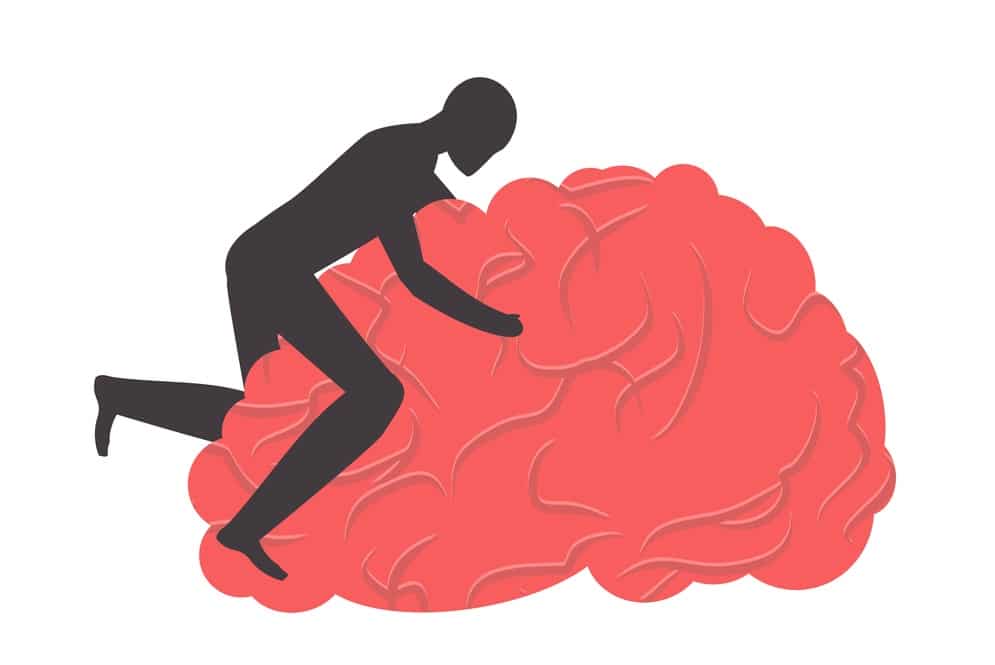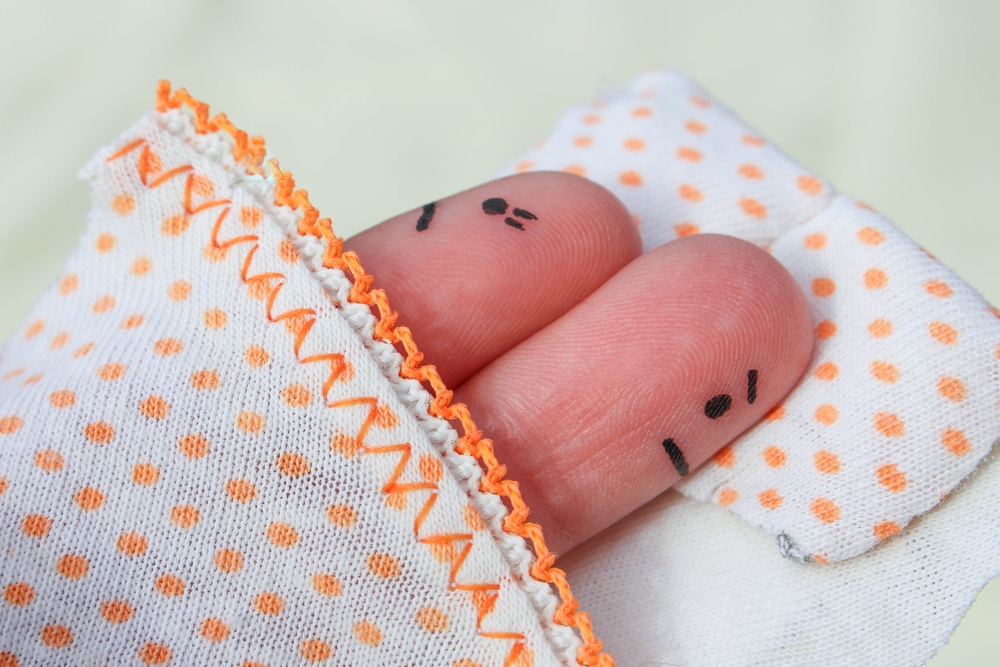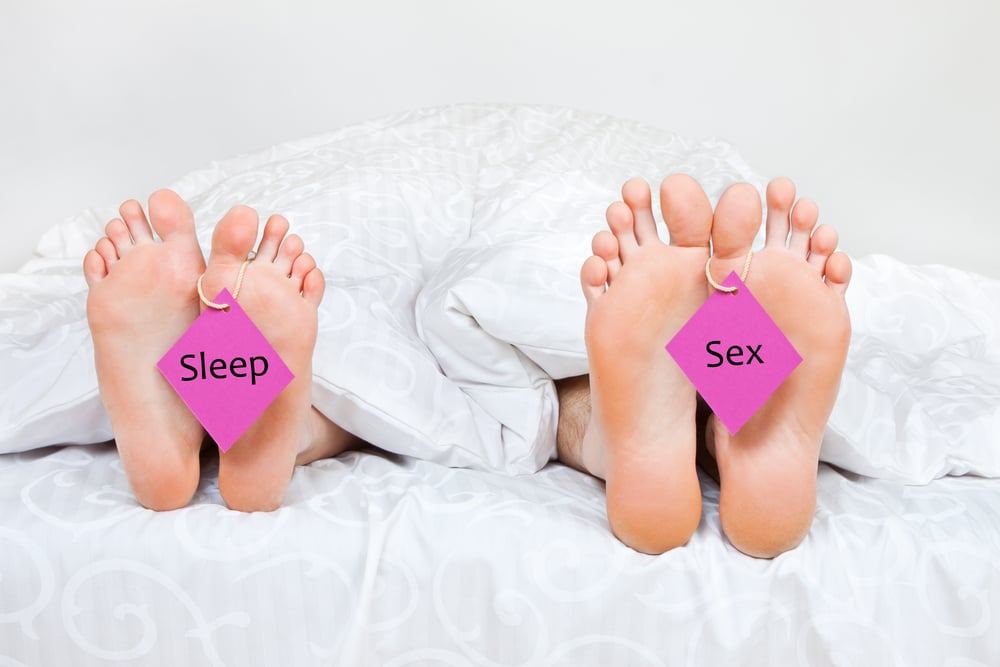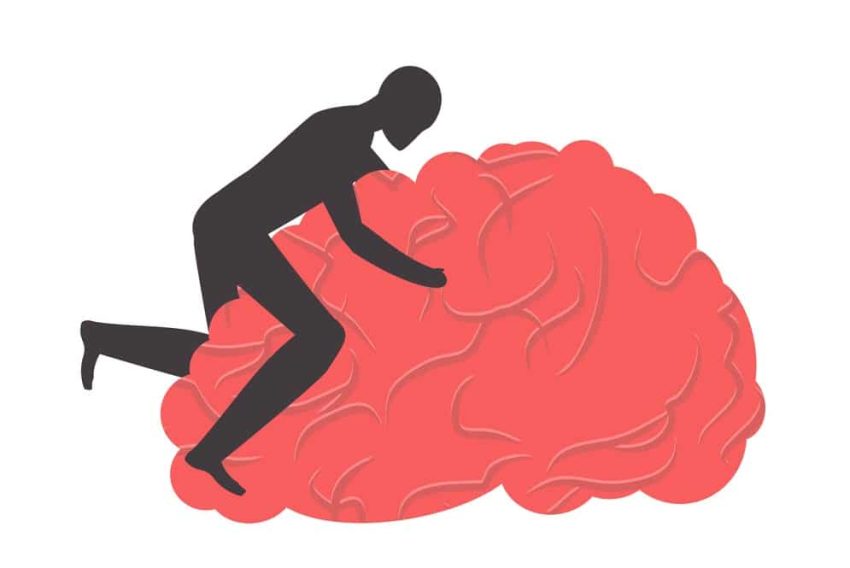

Sex is a key element in a happy, healthy relationship, where two partners share an intimate connection. While not the only factor that makes a relationship work, sex do play an important part in ensuring both partners in the relationship obtains the sexual satisfaction they desire in order for them to stay humble to each other. For this reason, when sex-related problems do arise in a relationship, it can be worrisome and also unpleasant.
When one partner starts to express signs of sexual difficulties, such as a lowered libido or perhaps even a more concerning sexual disorder like erectile dysfunction, then the effects may have an impact on the satisfaction of both partners involved in the relationship. Attending to such problems once they arise is important, not only to recover the sexual satisfaction levels that both partners depend on, but also to avoid potential complications that the sex-related issues may have on the relationship.
Quite a large number of factors have been identified as threats to sexual intercourse, as well as sexual function in both genders. Injury, poor hormonal production and several chronic diseases, such as diabetes and heart disease, have all been identified as factors that contribute to poor sexual function in both men and women. In turn, these can wreak havoc on the sex life of a couple, and potentially also contribute to other issues that may interfere with their relationship. Amongst the many possible causes, mental wellbeing is one particular area that is often overlooked, yet causes a large number of individuals to experience detrimental symptoms related to their sexual health and performance.
Mental Disorders And Sexual Health
A report by Healthline explains that approximately five percent of the global population is estimated to suffer from depression. This calculates to around 350 million people throughout the entire world. Furthermore, at least 16 million adults within the United States suffer from one or more episodes of major depression in a single year. Depression is now considered an epidemic, being a major cause of disability, leading to days off work and a significant increase in medical costs as the prevalence of the mental health condition rises. It should also be noted that, according to numerous studies and statistics revealed, it seems that women are generally at a higher risk of developing depression than men.
Mayo Clinic reports that depression can cause a person to experience a large number of symptoms that can be both physiological or psychological. Experiencing emotions such as sadness, hopelessness and emptiness are the most commonly associated symptoms. Many people with depression also find that they become angry rather quickly, and they feel frustrated and irritable for no reason at all. Sleep disturbances, fatigue, the development of anxiety, and issues with memory and concentration are also rather common amongst individuals who suffer from depression.
One particularly interesting symptom that is explained when it comes to looking at depression and its effects on a patient’s life is the fact that most individuals experience a loss of interest in the sexual activities they used to enjoy doing or found pleasure from. This, of course, would include sexual intercourse, a particular activity that is often associated with intense levels of pleasure and satisfaction.
So, Depression Makes Sex Less Pleasurable… Right?

Unfortunately, there is no straightforward answer to this question. While depression is known to cause both men and women to experience a significant reduction in their libido and the desire to participate in a sexual act with someone, sexual intercourse itself is actually known to boost a person’s mood and yield positive results amongst those who suffer from depression. Thus, the connection between sex and depression is extremely complicated.
Everyday Health reports that a recent study surveyed both men and women, all of whom were young adults. The aim of the study was to provide more in-depth data into the connection between sexual intercourse and depression. They found that those individuals who had sex less often were much more likely to suffer from more severe levels of depression, and those who had sex frequently experienced significant improvements in their mood. The study also found that semen, the fluid expelled from the male penis during sexual intercourse, seems to provide further mood-boosting effects to the female companion.
The study was concluded with a statement that further research is still required in order to provide more accurate information about this complex connection. Further research needs to look at whether men become depressed when they do not have enough sex or if depression is rather causing these men to withdraw themselves from sexual activities. More accurate data is also needed to determine whether women who suffer from mood disorders could be self-medicating themselves through unprotected sex since mood-boosting properties have been discovered in semen.
Dealing With Reduced Sexual Interest And Satisfaction Due To Depression

By now, it is known that depression causes a lack of interest in sexual intercourse, but it is also known that sexual intercourse causes depression symptoms to be improved. This can be quite confusing – how do you have sex in order to boost your mood if depression is keeping you from wanting to have sex? Fortunately, there are ways to deal with your depression first, and then to get back to having pleasurable sexual intercourse.
The first step is to deal with depression by consulting a healthcare professional. According to the Anxiety And Depression Association Of America, depression and anxiety disorders can be successfully treated, but only approximately 36.9% of individuals suffering from these conditions are currently obtaining appropriate treatments – this data accounts for adults in the United States, but similar statistics would most likely be present in other areas of the world as well.
Do not be one of those who simply don’t care about obtaining the right treatment. There are various treatment options available for individuals suffering from depression. Counseling is often a good choice as this allows the individual to work through their problems with a trained professional. Antidepressants are also a good option, but it is important to note that some antidepressants may cause side-effects that could interfere further with a person’s sex life. Talking with a healthcare provider about the possible side-effects may help a person obtain a different antidepressant that would not cause these side-effects, but rather only attend to their depression.
Learning how to better deal with stress is also important since stress contributes to more severe levels of depression. There are many ways a couple can help to alleviate each other’s stress, especially after both have had a hard day at the office. A session of intimate massaging could be just what is needed to unwind and get into the mood – this may even lead to a steamy session of sexual intercourse.
It is important to know that, even though depression may lead to a low sex drive, it does not mean that sex is something that cannot be done before the depression has been successfully dealt with. There are many ways in which two partners can get “into the mood” even when depression seems to be causing them some issues. A lot of couples find that seduction is a perfect way to start an evening that may be filled with pleasurable acts in the bedroom. Both partners can seduce each other from the moment they get up until the moment they go to bed at night. Then switch over to some foreplay and things are sure to get steamy between the two.
When everything seems too much and the efforts exerted feels like they are getting you nowhere, then plan a date night and do not include sexual intercourse in the plans. Spending time with your partner, communicating openly and having a fun night can help you boost your mood and help both you and your partner connected with one another again.
Get some good food perhaps even some of the best brain foods to give you and your partner a mood boost, and combine these with some wine. While sex may not be certainly on the table, the time spent together can greatly help to alleviate some of your symptoms and make you feel better about yourself, as well as about your relationship. Do this frequently and you are sure to gain back that intimate connection you and your partner once shared, and gradually sex may also start to become something that you want to do more frequently again.
Final Words
While several physical causes are known to affect a person’s sexual health, and also contribute to poor arousal, erections and inadequate performance in the bedroom, it is important not to overlook the hazardous effects that mental health conditions can have on a person’s sex life. Quite a strong connection exists between sexual health, intimacy, arousal and mental health. In this post, we described how a healthy mental state is connected to better sexual intercourse, and how poor mental health can greatly contribute to poor sexual wellbeing. We also provided some vital tips to help our readers understand how they can avoid depression and other mental health issues from getting in the way of good sex.
